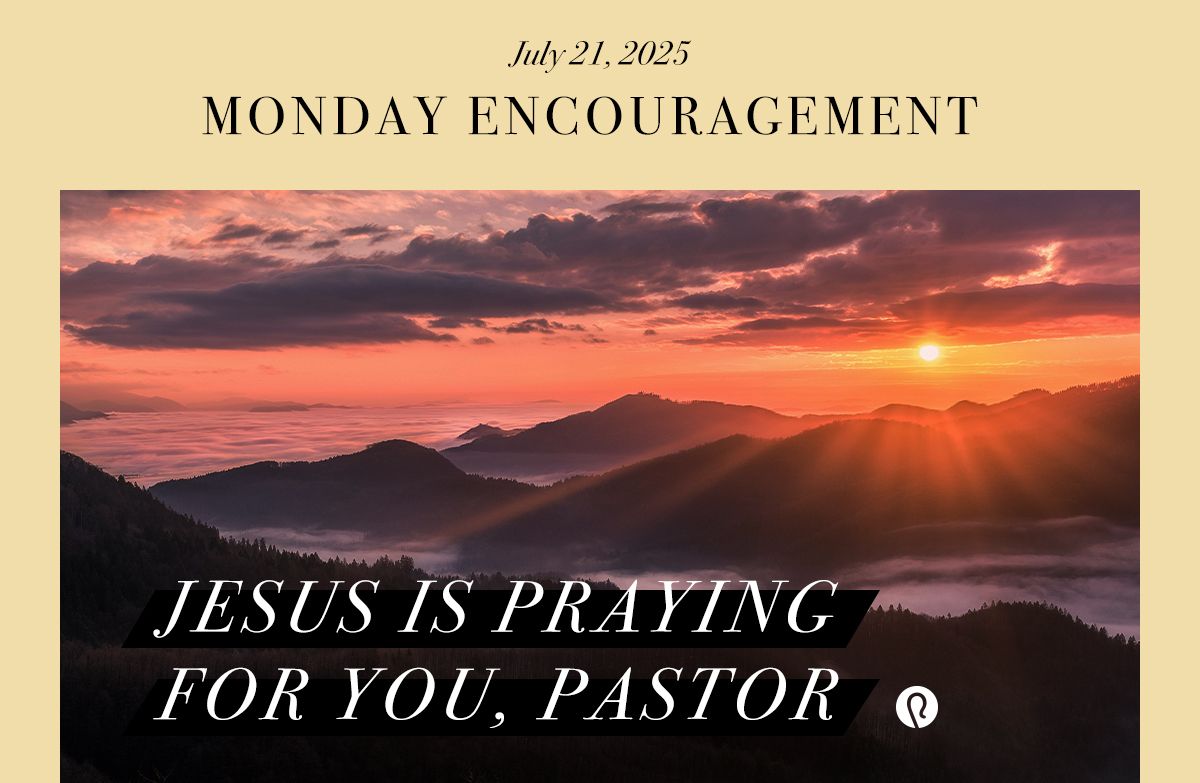If you are being led to change the way your church serves God's purposes, it is helpful to understand the process of renewal. Many leaders want to start by changing the structure of their church. However, this can be destructive for you, your leadership and your church. People don’t like to change unless their hearts have been warmed and prepared for change. We believe that when God wants to work in a church he takes it through five renewals.
I'm sharing the first two renewals in this article and the other three in
part two of this article.
Personal Renewal
The first renewal is personal renewal; it starts inside the heart of the leader. We cannot take people further than we have been ourselves. We cannot expect other people to be more committed to Jesus that we are. We cannot expect other people to grow or sacrifice unless we are willing to continue growing and sacrificing. We cannot expect other people to change if we are unwilling to change ourselves. We must model this in our leadership.
Personal renewal is basically when I get my life right with God. It's when my heart warms up to Jesus, and I become more aware of the presence of Christ and the filling of the Holy Spirit in my life. It's called a lot of different things: "making Jesus Lord," "rededicating your life," "being filled with the Holy Spirit," "the deeper life," "consecration," etc. It doesn't matter what you call it, it just means Jesus is real to you; you are in a deep, personal relationship with Jesus.
The book,
The Purpose Driven Life, is about personal renewal. It starts with the sentence, "It's not about you." Life is all about serving God by serving others. It's a paradigm shift in a very self-centered, narcissistic culture that says it's all about me. Jesus said, "Lay down your life for the sheep if you want to be a good shepherd." He said, "
Whoever wants to be great must become a servant" (Mark 10:43 The Message).
Here's the problem in ministry. We often start our ministry in order to serve others. But, as time goes by, we fall for the great temptation of ministry and all of a sudden we want people to serve us instead of us serving them. Service to others gets reversed to "serve me." We all need to renew the condition of our hearts and our relationship with God.
If you are going to have renewal in your church, it has to start in the heart of the leader.
It is also about the hearts of our people. If you try to change your church without personal renewal in the hearts of your people as well, it isn't going to last.
Relational Renewal
The second renewal is relational renewal; it is renewal between us and other people. First you get your heart right with God and then you get your heart right with other people. The first two renewals are simply the Great Commandment of Jesus. When Jesus was asked what is the most important commandment in the Bible, he said this, "First, love God with all your heart" (that's personal renewal), "then love your neighbor as yourself" (that's relational renewal). We must love other Christians; we must love other denominations; we must love Muslims; we must love Jews; we must love everyone. We have no right not to love someone.
You can always tell when a church has experienced relational renewal—the singing gets better! When a church doesn't like to sing it means that they don't like each other. But when they love each other, they like to sing together. Another way you can see relational renewal is that people like to stay after the church service to talk. When you "love your neighbor as yourself" you want to talk to your neighbors! Through relational renewal gossip goes down and love goes up. Conflict goes down and unity goes up. As a pastor and church leader, one of your first responsibilities is to help your church go through these first two renewals.
But understand that many churches go through these renewals. They have retreats or a revival meeting or an annual Bible conference. People get right with God and with each other; people are happy and the church starts growing. But then it hits a ceiling and it goes back down, and they go through another renewal and they hit a ceiling again and then go back down. Why is it that so many churches never get beyond 100–300 people? It's because they never move on to the next stages of renewal.
Read
Churches That Change to Be Healthier Experience 5 Renewals (Part 2).








